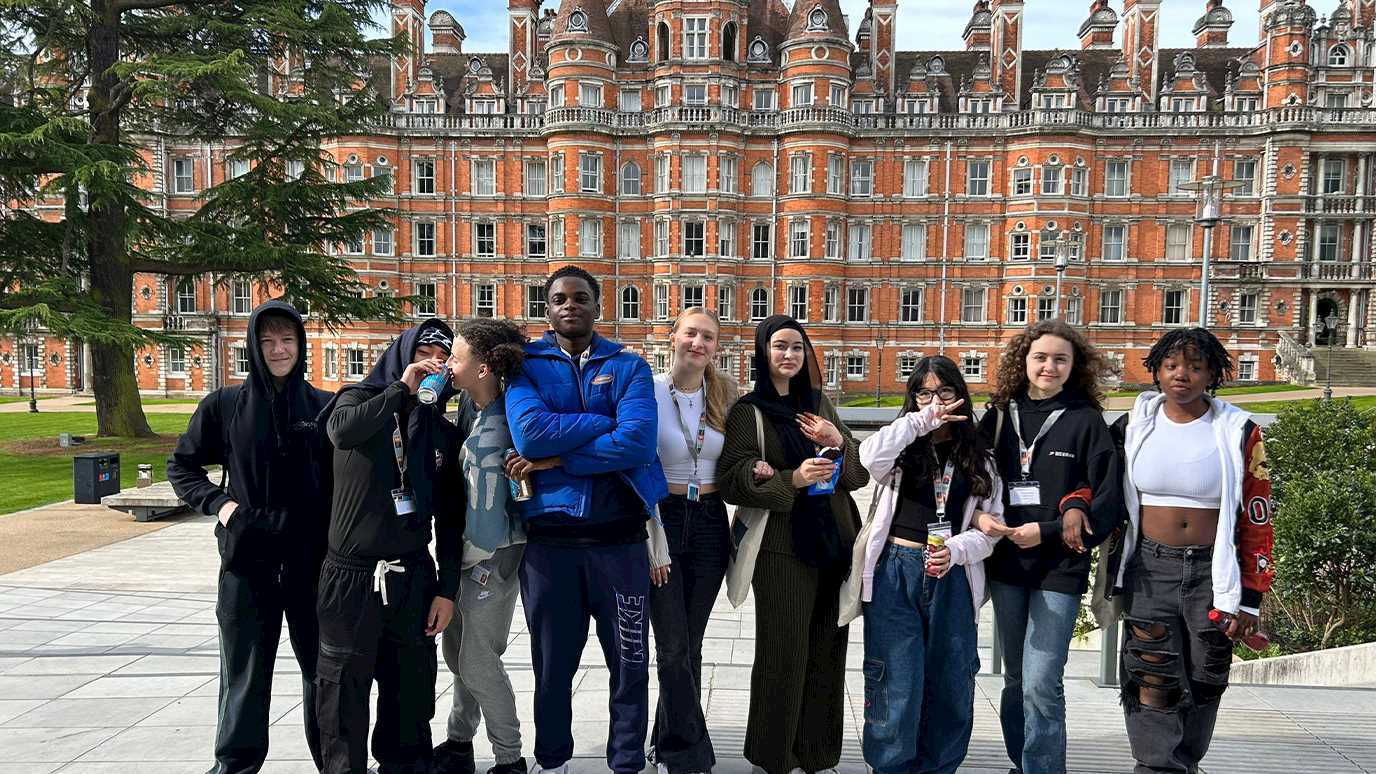Today marks the United Nations International Day of the World's Indigenous Peoples.
According to the United Nations, there are an estimated 370 million Indigenous people in the world, living across 90 countries. They make up less than 5% of the world's population, but account for 15% of the poorest. They speak an overwhelming majority of the world's estimated 7,000 languages and represent 5,000 different cultures.
Professor Jay Mistry from the Department of Geography at Royal Holloway is working in partnership with Guyanese and UK agencies on an ambitious project to incorporate traditional knowledge into conservation and sustainable development in Guyana.
Working at policy-level, the project will be working with communities and the government to develop a National Action Plan for Traditional Knowledge, which aims to incorporate methods used by Indigenous populations into national guidance.
Knowledge, and expertise will come from partners including the Ministry of Indigenous Peoples Affairs, the Environmental Protection Agency, the North Rupununi District Development Board and the South Central Peoples Development Organisation in Guyana, and in the UK the UN Environment- World Conservation Monitoring Centre, and the Cobra Collective.

Professor Jay Mistry is working on an ambitious project to incorporate traditional knowledge into conservation and sustainable development in Guyana
Vital and evolving wisdom can help boost biodiversity and beat poverty
Professor Mistry said, “Indigenous knowledge is a vital resource. It is local, context-specific wisdom that is fluid and evolving, and in constant interaction with other forms of knowledge.”
“Our project aims to integrate this knowledge into monitoring, decision making, and policy,” she continued, “The international community is falling behind on our biodiversity targets, and by utilising traditional knowledge we could make great progress in securing the planet’s variety of life, and contribute to human well-being, and poverty eradication.”
While there is increasing recognition for the importance of traditional knowledge within biodiversity conservation and poverty alleviation, there hasn’t been enough focus on the development and testing of practical ways of incorporating this into policy. This project aims to provide a model and best practice in Guyana that can be used in other nations.
Traditional knowledge can help secure tropical forests of world-importance
Guyana is part of the Guiana Shield. It covers 2.5 million km2 and contains 10-15% of the world’s fresh water reserves. It also contains the world's largest contiguous block of tropical forest.
Traditional knowledge is critical in maintaining the biodiversity of the region. Although some progress has been made, there is an urgent need to enhance traditional knowledge integration into public policy.
“Indigenous peoples have a unique connection to their environments, forged through generations of experience and knowledge, passed down through the ages. While the variety, breadth and sources of issues that face societies have changed in that time, Indigenous peoples from across the globe are demonstrating how this knowledge is in fact, timeless and can be adapted to protect cultures, lands and peoples far further than their own communities,” Professor Mistry concluded.
Find out more about Professor Mistry's work and opportunities to study in the Department of Geography, ranked 8th in the UK in this year's National Student Survey, with 95% student satisfaction.
























